Does your child get overwhelmed by holiday cheer? Our team at Fun and Function has put together a few tips to ease the challenge of the holiday season with a family member who has special needs.
1. Share the Plan
Talk openly about what your plans are for the holidays so that you can avoid surprises. Give your kids space to ask questions and voice their concerns, helping them feel comfortable with the plan. If they’re up to it, you can involve your kids in the plans too! Let them know how they can help and give them responsibility for part of the proceedings.

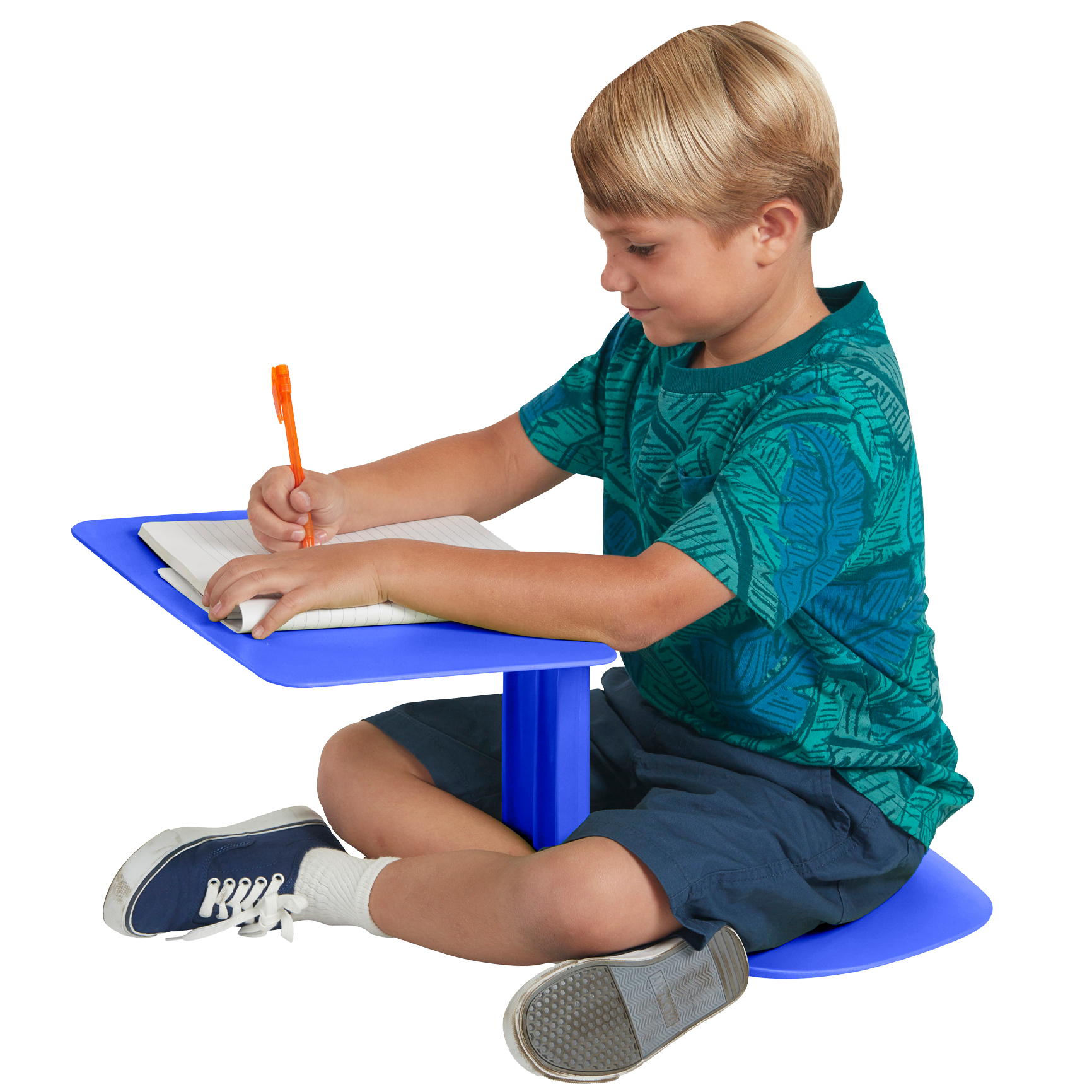
2. Practice
Do a practice run together to prepare for the big day. Pack up what you’ll bring along, hop in the car and take a drive to provide a sense of going somewhere. You can also look at pictures of where you’ll go for the holidays and who you’ll spend time with that day. Going through the motions ahead of time, without the pressures of the actual day, can reduce the stress of changing routines.

3. Menu Plan
Holidays come with plenty of food traditions, which may not be on the list of foods your sensory child prefers. Incorporate some of these new foods into your meals leading up to the holidays to expose your kids to the new tastes and textures. Make sure to also bring along foods that your child likes so that they have familiarity in an already overwhelming day. Give them a weighted lap pad to help them feel calm at the table and make a plan for asking to be excused when they need a break.
4. Create holiday art
Arts and crafts are wonderful sensory experiences. Drawing can provide heavy handwork and hand-eye coordination. Creating a wall decoration engages kids’ motor planning skills when they figure out how to make their design a reality.
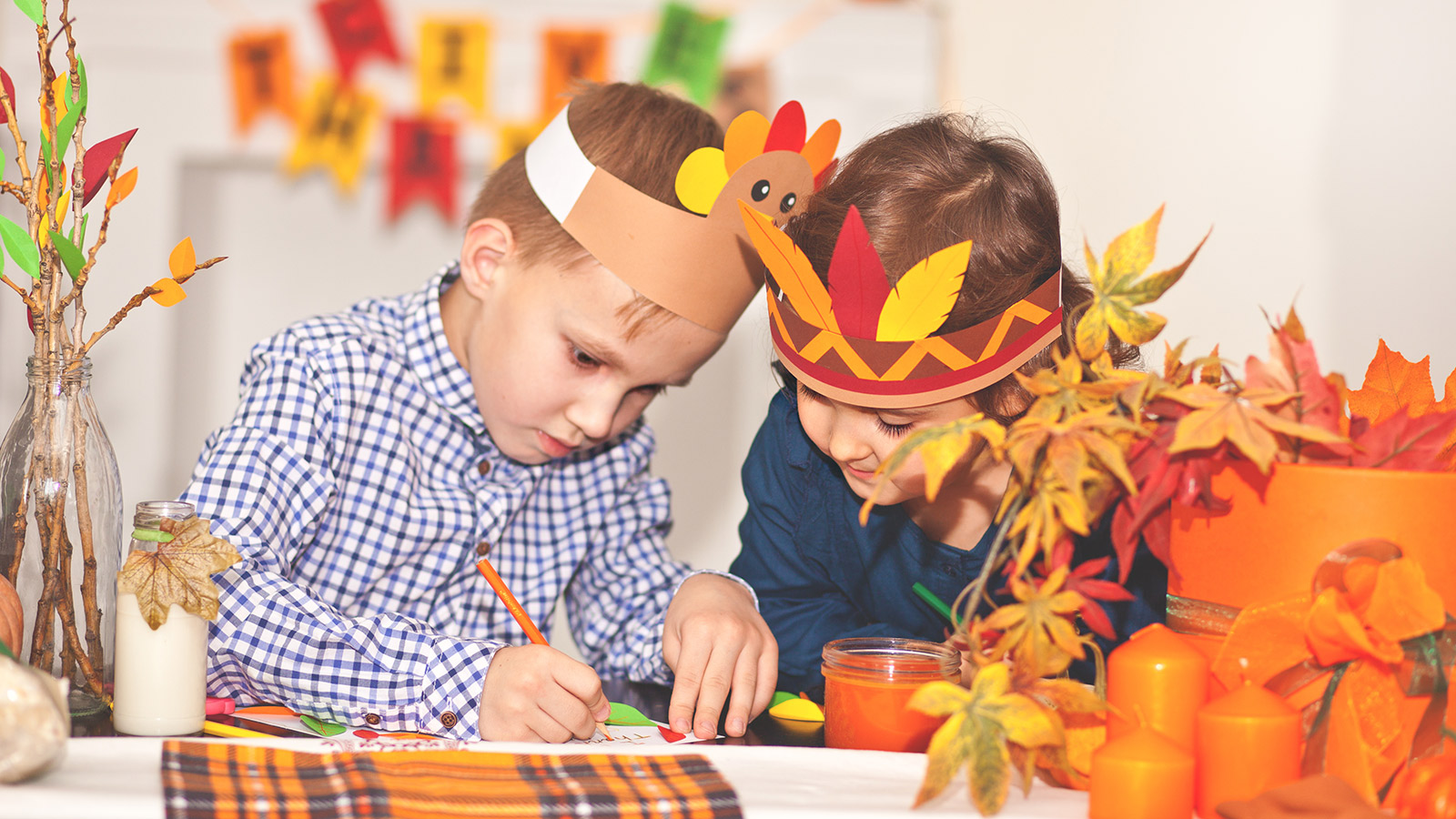
5. Read about it
Spend time reading about the holiday and what it looks like with your child. You can find social stories or make up your own, with ‘characters’ that your kids know personally, to help them visualize the upcoming holiday experience. Read and answer their questions as many times as they need in the weeks leading up to the holiday. Knowing what to expect in advance really helps reduce anxiety.

6. Work with your hosts
If you’re going to be guests, be open with your hosts. Explain any accommodations that your kids might need. Find places at their home for your child to take a break if they’re heading towards sensory overload. Pack some favorite sensory tools to bring to the hosts’ house so that it feels more familiar.
7. Shop Differently
Holidays and shopping are not the best mix for a kid who may have a sensory meltdown. There are crowds, tons of noise, new scents and bright lights everywhere. Try to do your shopping online or go to the store without your kids if possible. For the times you need to go shop together, be prepared. Bring noise reduction headphones, a fidget or chewy to reduce overwhelm. If your child likes deep pressure input then dress them in a Hug Tee or weighted vest for the outing.
8. Find a support system
Navigating holidays with a family member who has special needs can be an isolating experience. Your extended family may not understand why you can or can’t do certain things. Find others who are going through the same thing as you. Building a support system of parents who understand this unique holiday stress can make a huge difference.

9. Make a plan B
No matter how much you plan or prepare, things may not go as you imagine. Having a backup plan can reduce your stress if you need to do the holidays a little differently than you hoped this year. The most important part is ensuring that your family has a positive holiday experience. If that means cutting a visit short or staying at home, you’ll have a plan B in place to make the most of your time.

However the holidays look for your family this year, remember that they don’t last forever. Everyone will get back to a familiar routine soon enough! What strategies for success do you use during the holidays? Share them in the comments, on our social media or at customercare@funandfunction.com!
This post was originally posted on 11/03/2014 by Ilana Danneman, PT and Aviva Weiss, MS, OTR/L. It was updated on 11/14/2021 by Malkie Ward.

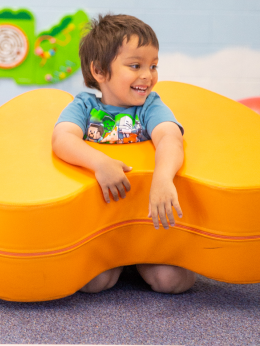



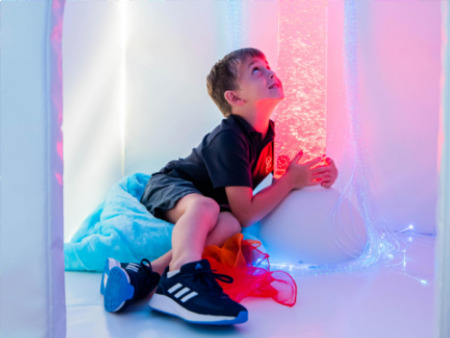







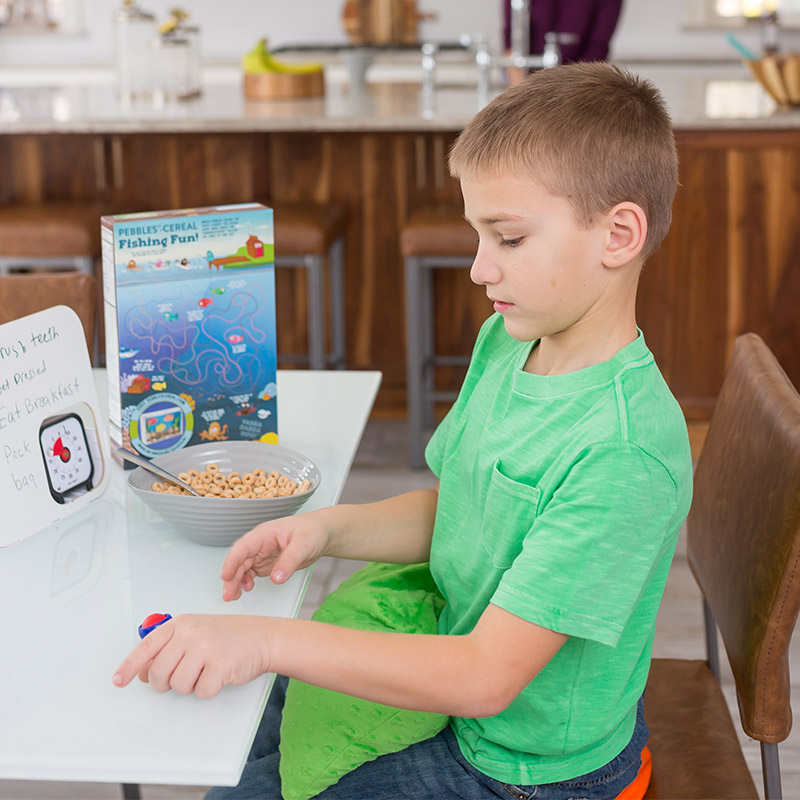

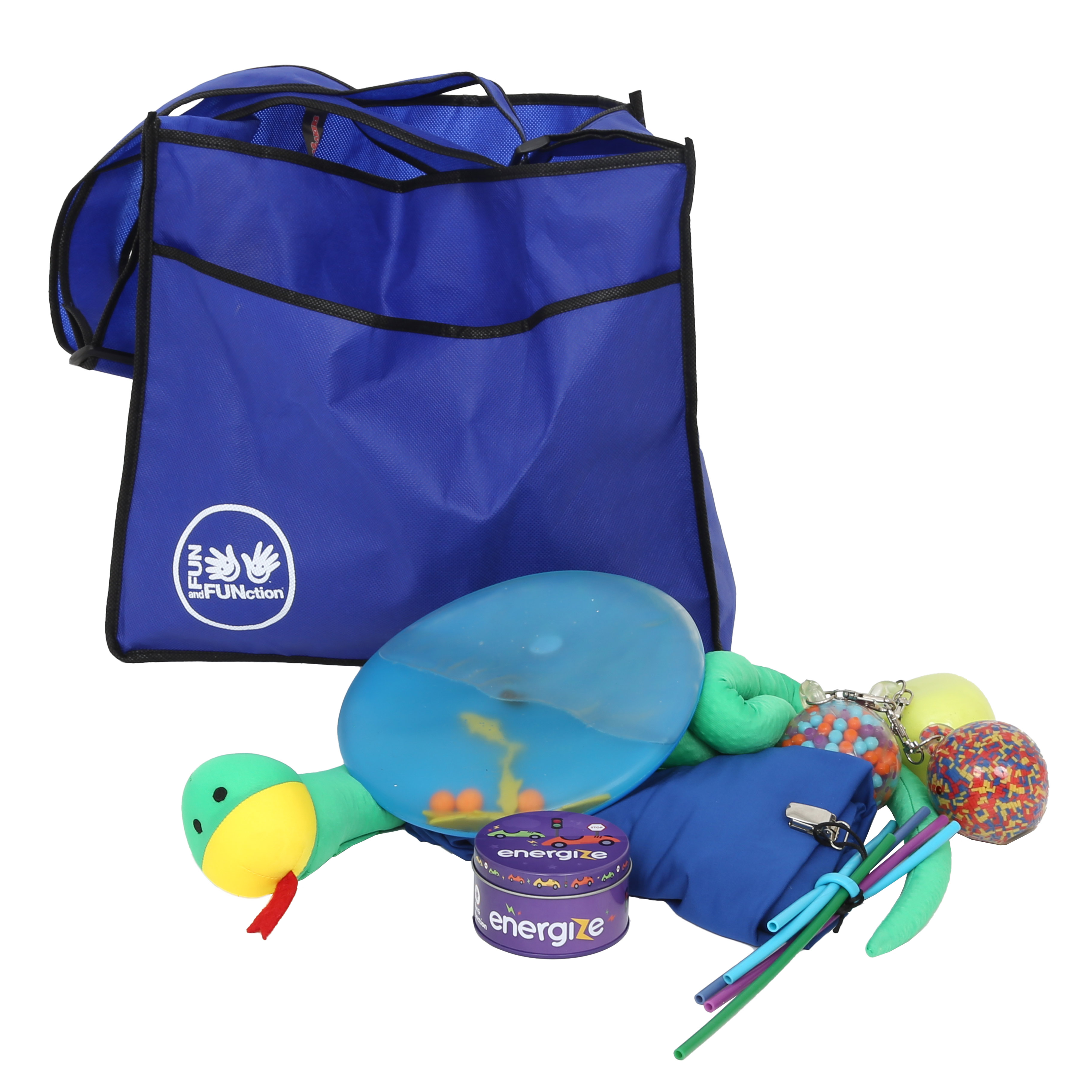
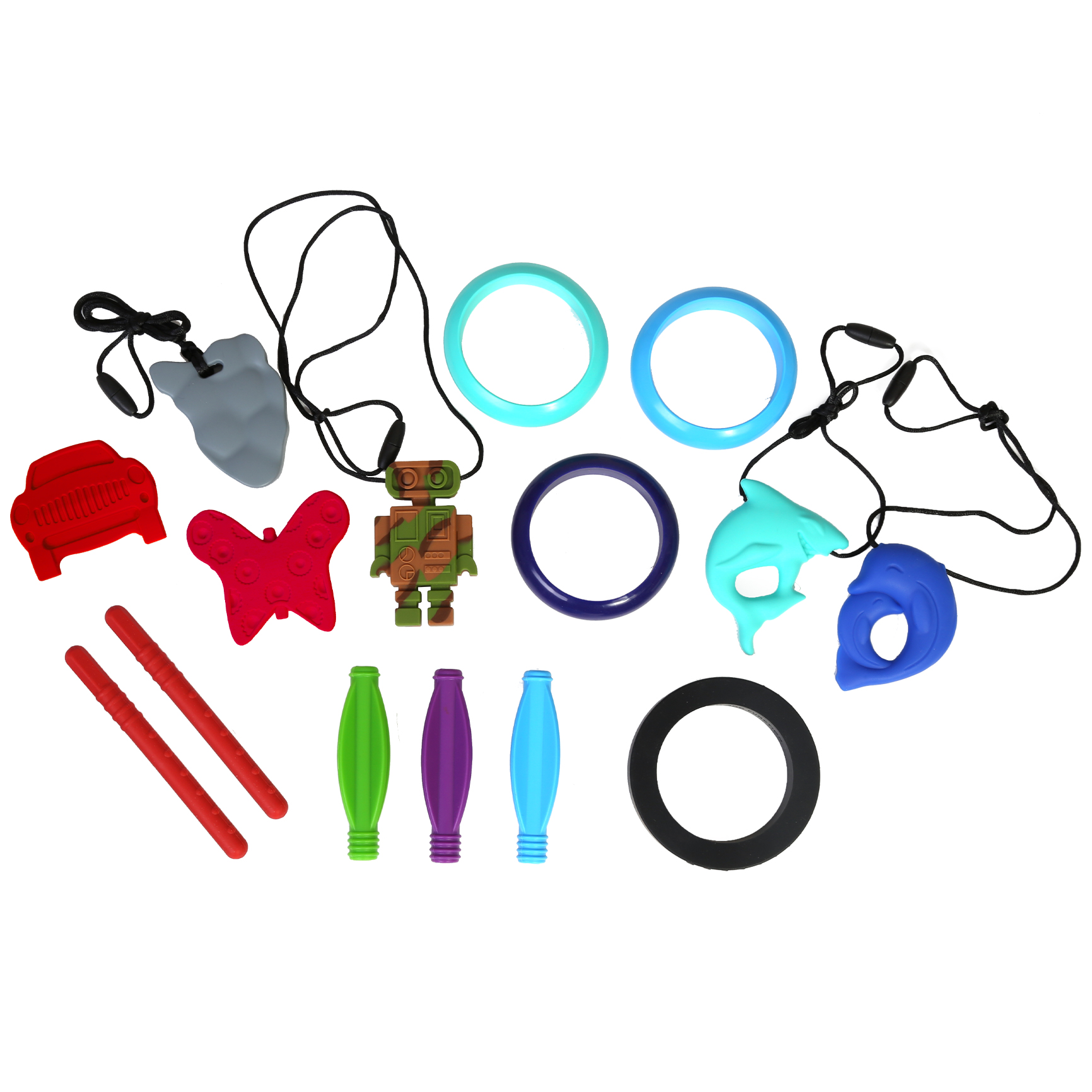







Comments